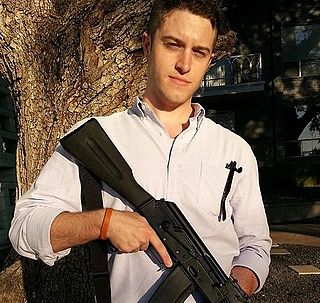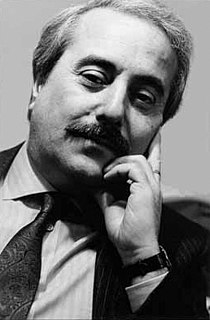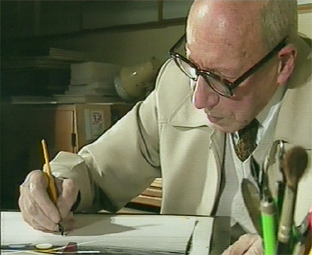A Quote by Sukarno
If, for example, one day Ki Bagoes Hadikoesoemo becomes the Indonesian Head of State, and dies, won't his child be [his replacement]? Then because of that I do not adhere to the principle of monarchism.
Related Quotes
"The first awareness of the child comes with his ego. He becomes aware of the "I", not of the Self. Really, he becomes aware first of the "thou". The child first becomes aware of his mother. Then, reflectively, he becomes aware of himself. First he becomes aware of objects around him. Then, by and by, he begins to feel that he is separate. This feeling of separation gives the feeling of ego, and because the child first becomes aware of the ego, ego becomes a covering on the Self. "
He thought back on his family with deep emotion and love. His conviction that he would have to disappear was, if possible, even firmer than his sister's. He remained in this state of empty and peaceful reflection until the tower clock struck three in the morning. He still saw that outside the window everything was beginning to grow light. Then, without his consent, his head sank down to the floor, and from his nostrils streamed his last weak breath.
The first act by virtue of which the State really constitutes itself the representative of the whole of societythe taking possession of the means of production in the name of societythis is, at the same time, its last independent act as a State. State interference in social relations becomes, in one domain after another, superfluous, and then dies out of itself; the government of persons is replaced by the administration of things, and by the conduct of processes of production. The State is not abolished. It dies out.
At one year of age the child says his first intentional wordhis babbling has a purpose, and this intention is a proof of conscious intelligenceHe becomes ever more aware that language refers to his surroundings, and his wish to master it consciously becomes also greater.Subconsciously and unaided, he strains himself to learn, and this effort makes his success all the more astonishing.
But who does not see that the work goes beyond the one who created it? It marches before him and he will never again be able to catch up with it, it soon leaves his orbit, it will soon belong to another, since he, more quickly than his work, changes and becomes deformed, since before his work dies, he dies.
Say of him what you please, but I know my child's failings. I do not love him because he is good, but because he is my little child. How should you know how dear he can be when you try to weigh his merits against his faults? When I must punish him he becomes all the more a part of my being. When I cause his tears to come my heart weeps with him. I alone have a right to blame and punish, for he only may chastise who loves.
In ancient times, any man rising up above the common people tried to shape his life according to his principles; it is no longer like than now; it is (because) for the ancients, moral was a principle of inner life, whereas in our days, most of the time one is content to adhere to an official moral, that we recognize in theory, but that one does not care to put into practice.
Each truth that a writer acquires is a lantern, which he turns full on what facts and thoughts lay already in his mind, and behold, all the mats and rubbish which had littered his garret become precious. Every trivial fact in his private biography becomes an illustration of this new principle, revisits the day, and delights all men by its piquancy and new charm.
In Proverbs we read: 'He that winneth souls is wise.' If any man, women, or child by a godly life and example can win one soul to God, his life will not have been a failure. He will have outshone all the mighty men of his day, because he will have set a stream in motion that will flow on and on forever and ever.
But somewhere, a child surprises himself with his endurance, his quick mind, his dexterous hands. Somewhere a child accomplishes with ease that which usually takes great effort. And this child, who has been blind to his past, but his heart still beats for the thrill of the race, this child's soul awakens. And a new champion walks among us.










































